RQI - Resuscitation Quality Improvement Program
Want an innovative, competency-based resuscitation education method for your nursing and allied health higher education program? Check out our RQI for Nursing Education program made just for you.
The RQI Program uses realistic eSimulation patient cases and a mobile Simulation Station for quarterly psychomotor skills activities, to help healthcare providers retain life-saving CPR skills.
Live Webinar | Thursday, April 14 at 3pm EST
Empowering Nursing Students to Help Save Lives
The National League for Nursing (NLN), Laerdal Medical, the American Heart Association and RQI Partners invite you to join us on Thursday, April 14 at 3:00 p.m. Eastern for our webinar “Empowering Nursing Students to Help Save Lives: The Path to High-Quality CPF Skills and Competence," featuring guest speakers Marylin H. Oermann, P.h.D., RN, ANEF, FAAN, and Suzan Kardong-Edgren, P.h.D., RN, ANEF, CHSE, FSSH, FAAN.
In this webinar, you will learn how to:
- Identify the value of low-dose, high-frequency CPR training in developing verified competence and confidence — preparing nurses to help save more lives.
- Innovate your program to incorporate a quality improvement approach to resuscitation education.
Innovative competency-based training program for high-quality CPR and improved patient outcomes
Many healthcare providers do not perform CPR as part of their daily practice, and some may rarely perform CPR after their bi-annual training. As a consequence, the quality of CPR degrades, compression and ventilation skills degrade from lack of use and practice, thus decreasing the chance of survival for patients.
Fortunately, Dr. Oermann’s research has shown that brief and regular practice in CPR – low-dose/high-frequency training –leads to continuous CPR competency.
Therefore, the American Heart Association and Laerdal created Resuscitation Quality Improvement (RQI) Program based on this groundbreaking new approach to maintaining competence in BLS, ACLS and PALS trainings.
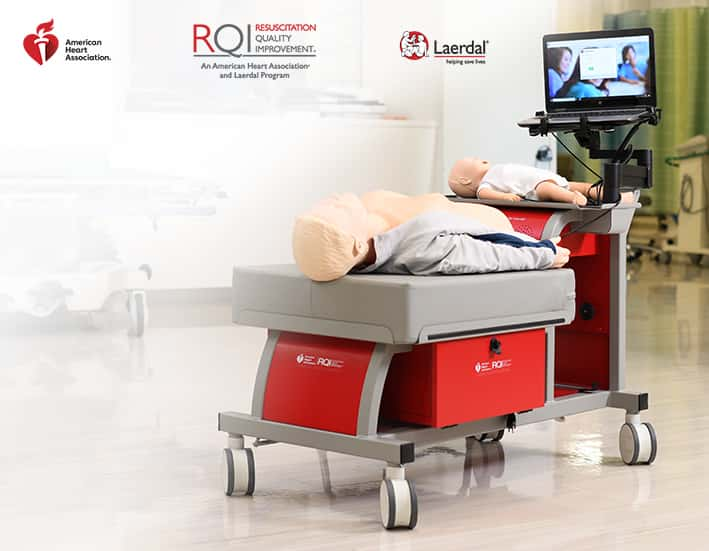
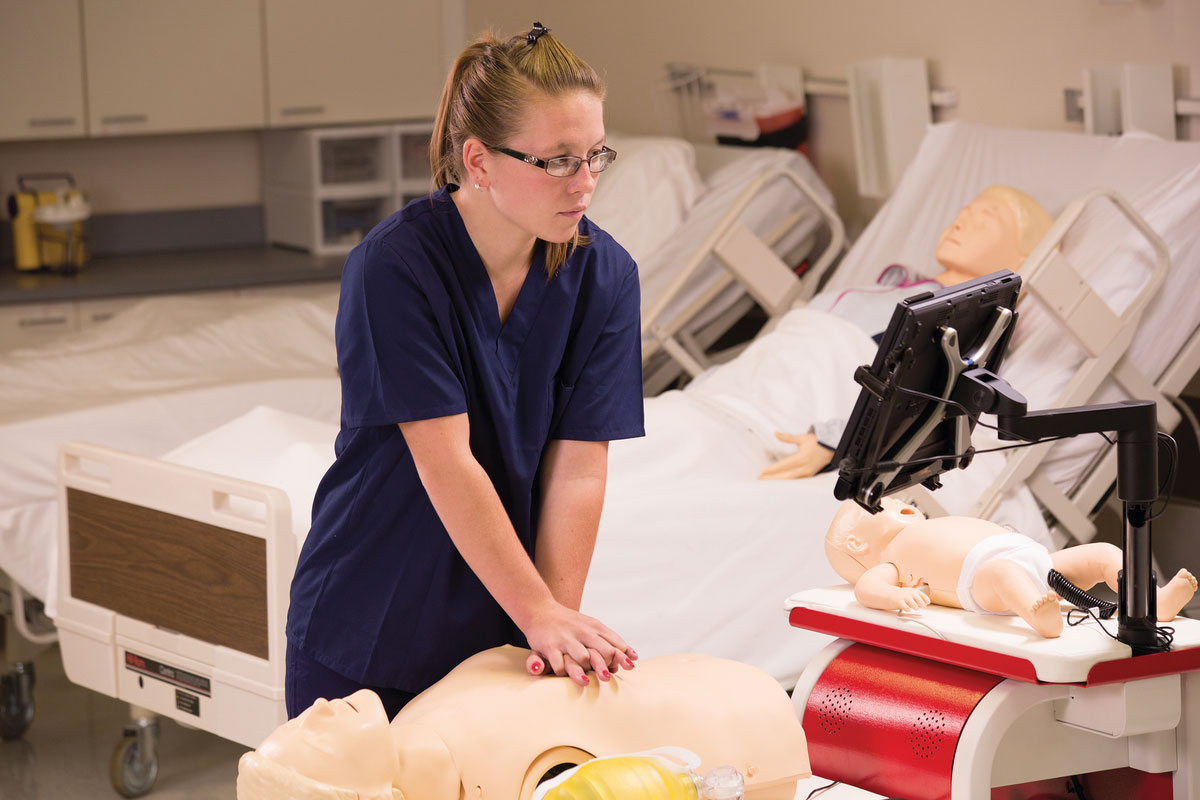
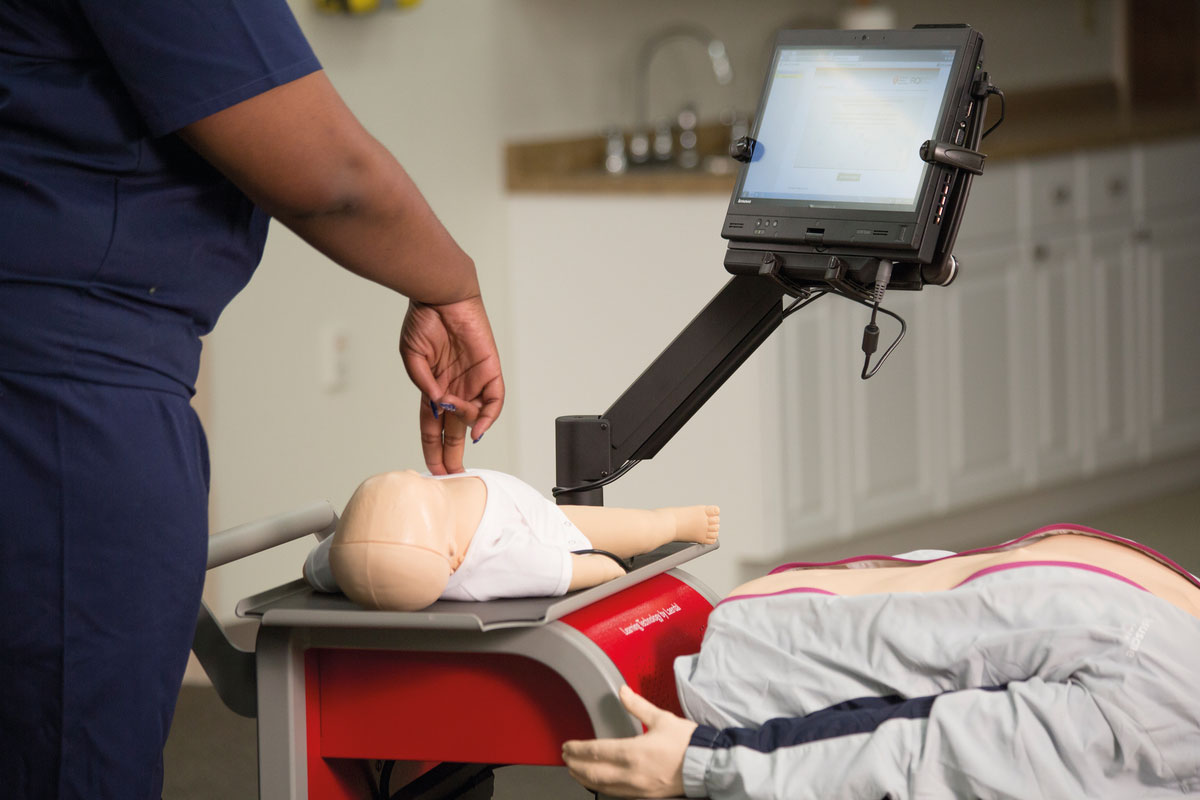
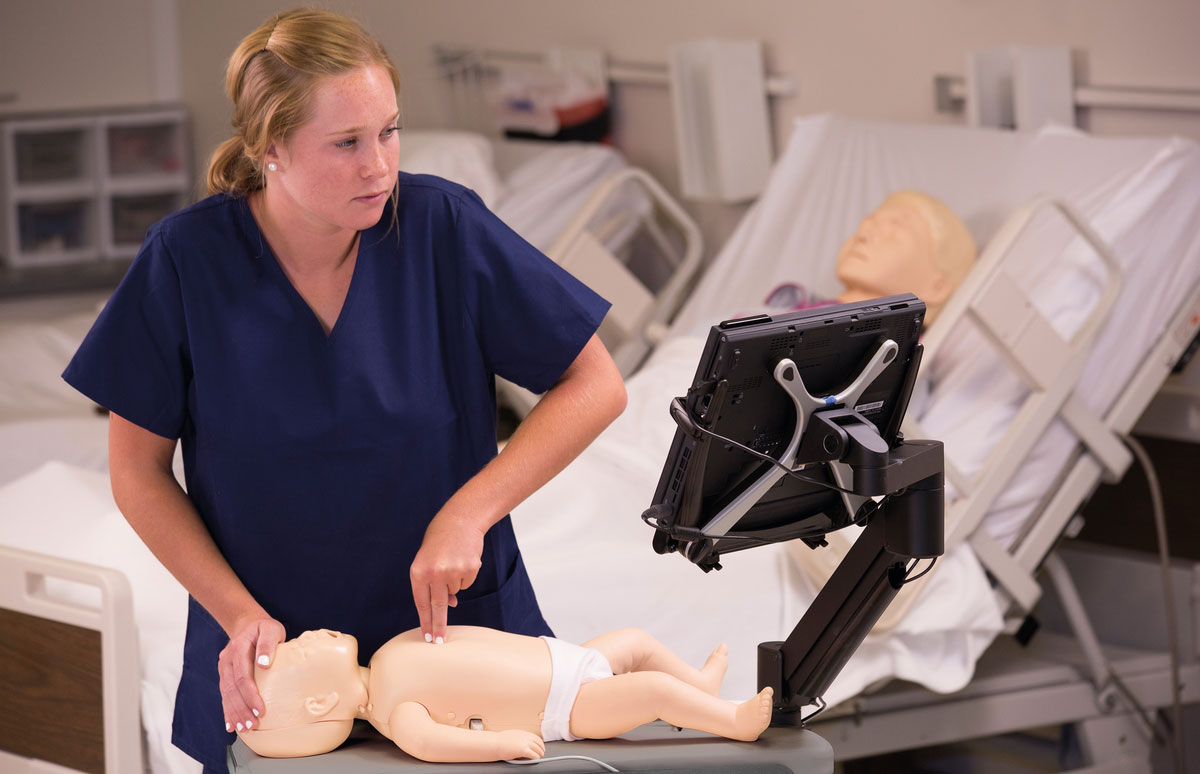
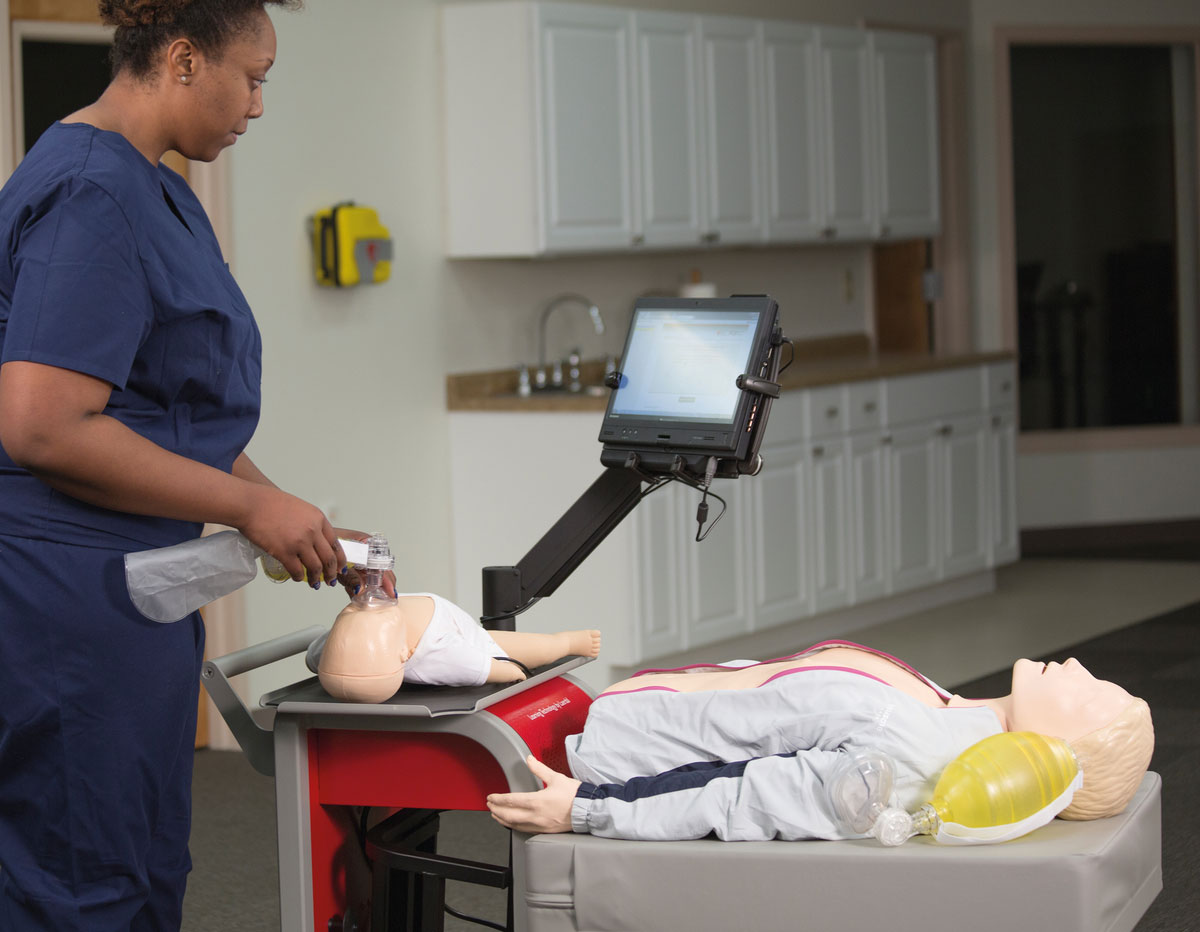
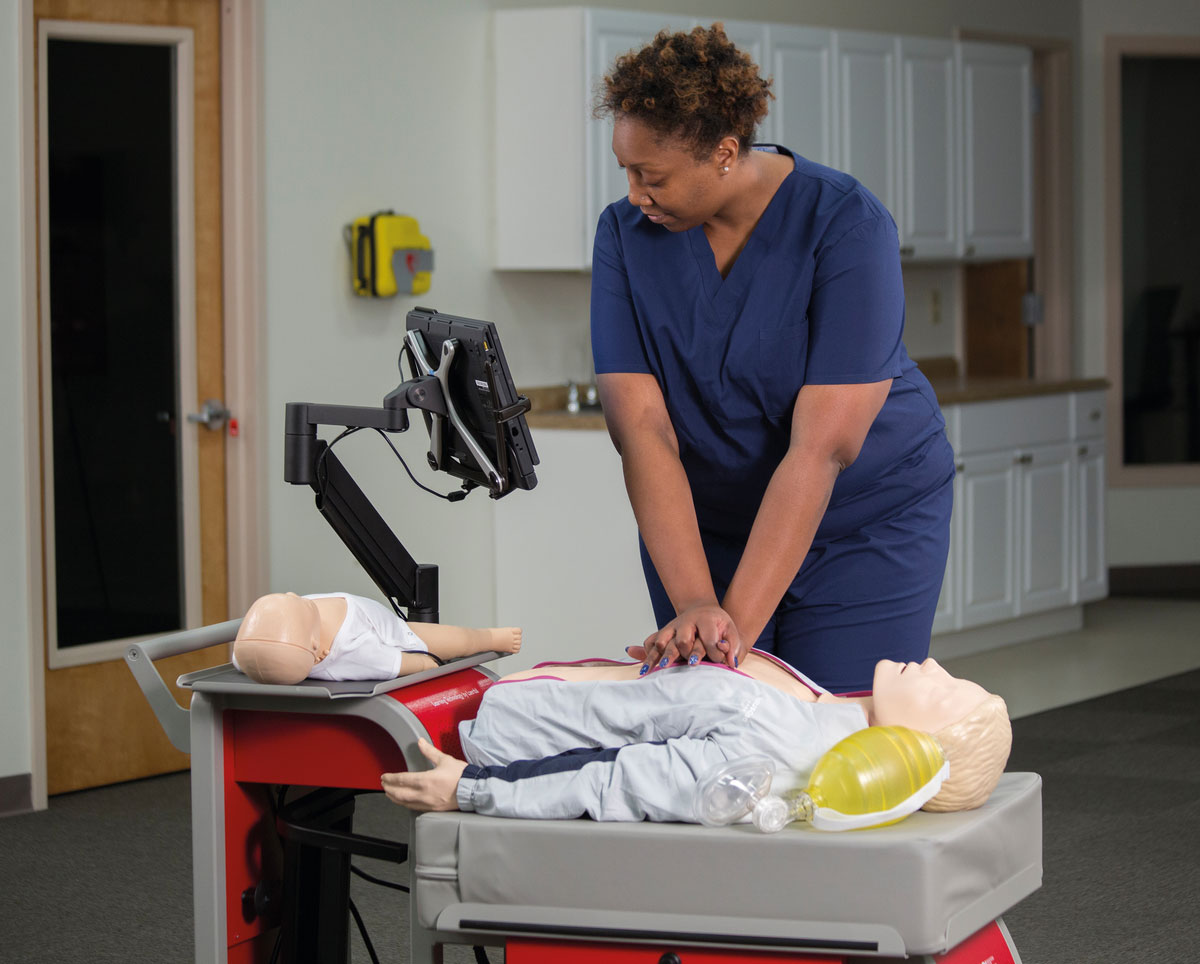
![]()
CPR skills decline within three to six months following conventional training
![]()
There is a 42% difference in the odds of survival for patients at similar hospitals with a similar case mix
![]()
Despite the efforts of motivated healthcare professionals, patients receive poor-quality CPR more than 50% of the time
![]()
Cardiac arrest survival rates currently average less than 26%